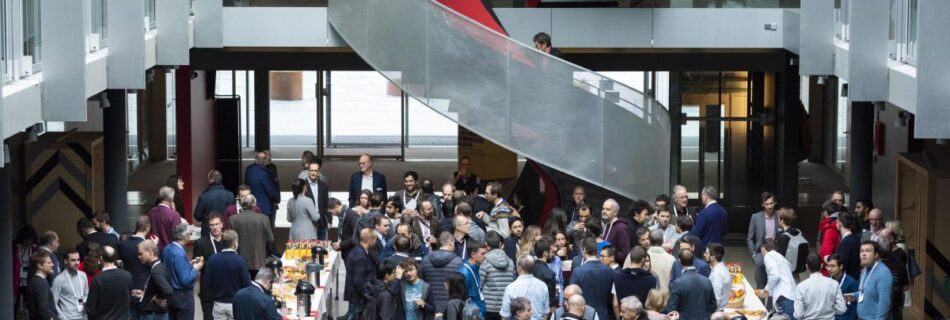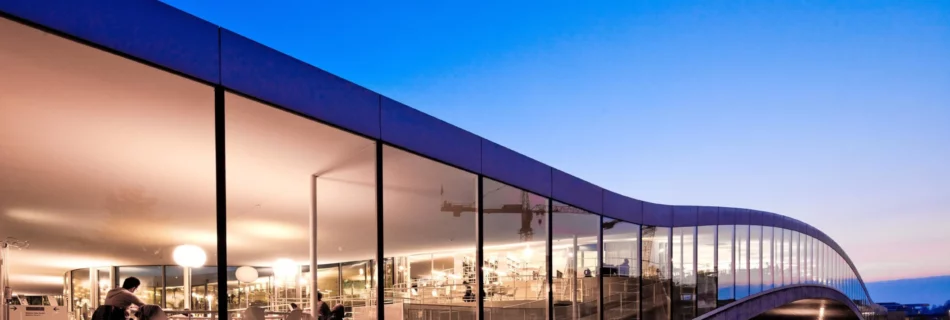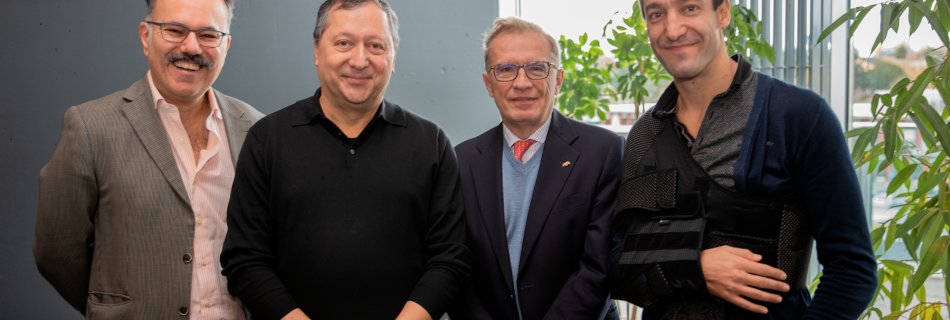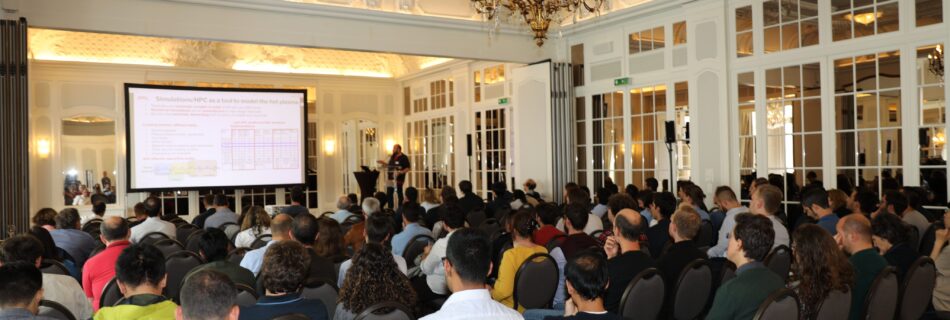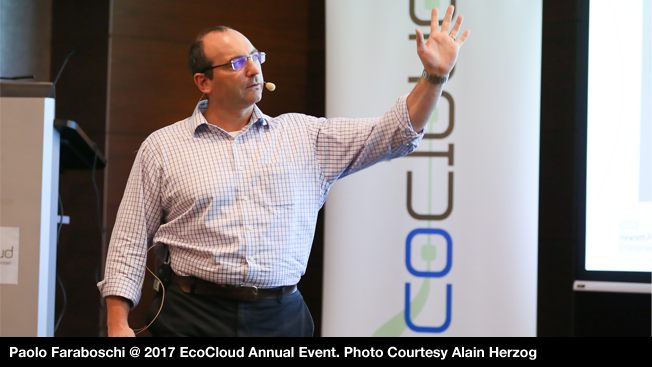Dr. Gourav Datta of University of Southern California Viterbi, Electrical Engineering, will give a presentation on the 1st June at 12 o’clock in lecture theatre BC420, followed by a pizza lunch. In-Sensor & Neuromorphic Computing are all you need for Energy-Efficient Deep Learning This talk will focus on two research […]
Read MoreEvents
EPFL Open Days
29th-30th April 2023, Rolex Learning Center IT for Sustainability and Sustainable IT: are both possible? Can IT be a true enabler for a sustainable society, particularly in cities and for urban infrastructure? What are digital twins and are they the answer? How can we use minimal energy for increasing data […]
Read MoreEcoCloud Annual Event 2023
Save the date! The EcoCloud Annual Event on IT Sustainability returns to Lausanne Palace: 8:30am to 6:00pm, Tuesday, October 10th, 2023 In-Person agenda with networking, focusing on 4 new multi-center projects for 2023:
Read MoreHarnessing light
Demetri Psaltis and the return of optical neural networks It is not often that professors from EcoCloud are featured in the pages of The Economist. In an article from December 2022, entitled “Artificial intelligence and the rise of optical computing”, the author had this to say: “The idea of turning […]
Read MoreSilicon device dependability – talk by visiting professor Sani Nassif
EcoCloud Visiting Professor Sani Nassif gave a talk in the BC Building at EPFL to a captivated audience. The talk examines trends in Silicon device dependability as scaling continues, and proposes some areas of cross-domain research that are needed to keep the information infrastructure functioning in the future.
Read MoreEcoCloud Annual Event
Date of the event: 24th May, 2022 Program 8:00 – 8:30 Pick-up badges/registration + welcome coffee 8:30 IntroductionDavid Atienza and Ed Bugnion (EPFL) Session 1 Sustainable smart cities, transport systems and agriculture 9:00 Digital Twins at the services of Sustainable Cities & Transport systems : challenges?Frédéric Dreyer (EPFL) 9:15 Towards […]
Read MoreSustainability Days 2021 Program
DAY 1/2: September 16th, 2021 8:30 – 9:30 Welcome Session 8:30 – 9:20 Registration and Covid verification 9:20 – 9:30 Welcome message from EcoCloud VIDEO LINK: Sessions 1 and 2 Session 1 – Next-Generation Datacenter Technologies Moderator: David Atienza 9:30 – 9:55 Speaker 1 – Bruno Michel, Manager of Smart […]
Read MoreFighting Digital Disinformation: Is it a Case of “Too Little Too Late”?
Experts on cyber security, fake news, and democracy called for an awakening among citizens and governments so that urgent heed is paid to this growing menace, which threatens the very essence of democracy.
Read MoreComing up: 2018 EcoCloud Annual Event
The annual mega event at EcoCloud is just around the corner. In little over a fortnight, the Lausanne Palace Hotel will be a buzz of activity as it hosts the two-day EcoCloud annual event, slated for June 18–19. The venue’s prime location, which offers panoramic views of the city, Lake Geneva, and the magnificent Alps, will be an apt setting for industry experts to share insights on budding data and cloud computing platforms.
Read More